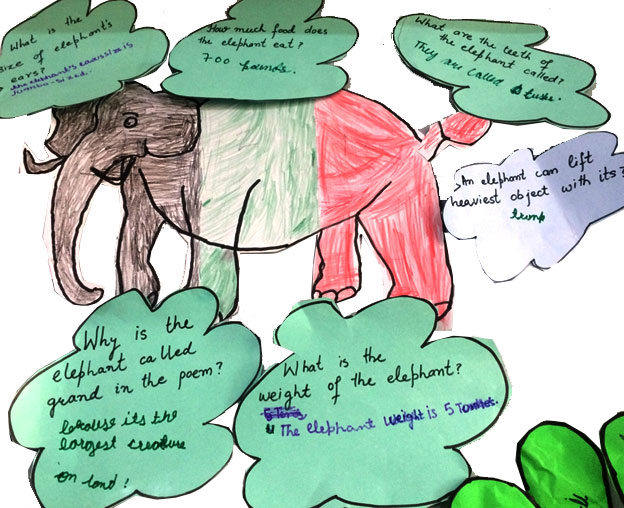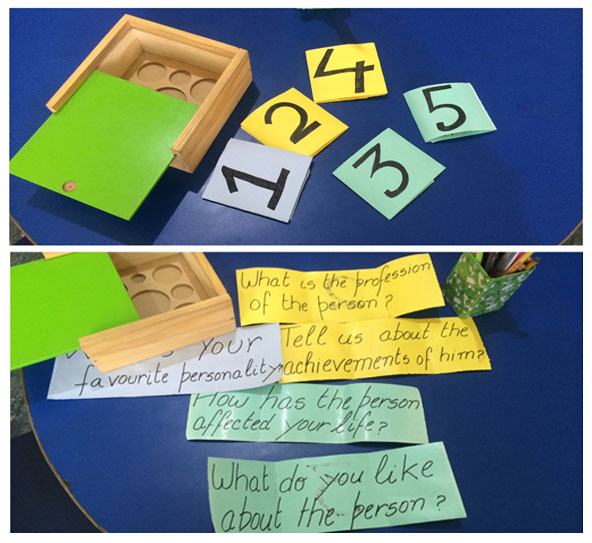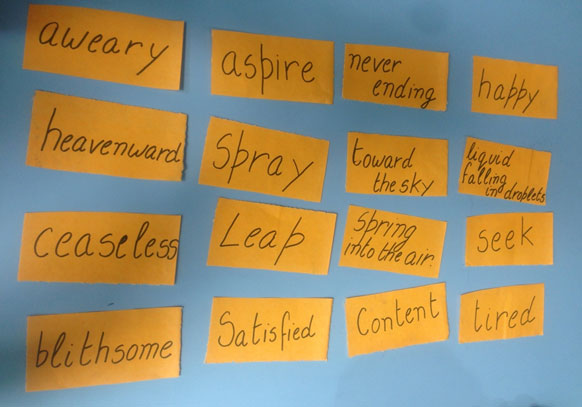
English Remedial Unit Acitivities
In today’s world, the frugality in the expenditure of money and resource is globalized which makes it evident that mane of us are interacting across cultures in a way and manner we never did before. In such an economy and world, the importance of learning a second language becomes self evident. For those of us in the English speaking world, we take access to the whole new world of information for granted. Elsewhere, however, much of the world’s information is beyond our reach, locked in English. That is one main reason why learning English as a second language becomes so popular. In fact, English is now the world’s most widely spoken second language, surpassing all others. In fact, more people now speak English as a second language than as their first language. With a result, there has never been a greater call for classes to learn English as a second language. English is the gateway to a world of knowledge, commerce and culture, a lingua franca that gives a student access to the world in a way that other languages do not.
Dyslexia is a general term for disorders that involve difficulty in learning to read, decode or interpret words, letters and other symbols, but that do not affect general intelligence. People with dyslexia have trouble reading accurately and fluently. They may also have trouble with reading comprehension, spelling and writing but when the text is read to them, they may have no difficulty at all. People sometimes believe dyslexia is a visual issue. They think of it as children reversing letters or writing backwards, but dyslexia is not a problem with vision or with seeing letters in the wrong direction. It is important to know that while dyslexia impacts learning, it is not a problem of intelligence. People or children with dyslexia are just as smart as their peers. Many people have struggled with dyslexia and gave on to have successful careers. That includes a long list of actors, entrepreneurs and elected officials.
There are a variety of ways to learn English as a second language, including computer programs, audio tapes, remedial classes and language immersion.
English remedial unit is an essential part of SEN. It was started back in 2013 with one teacher and a few students. Now it’s a full fledged unit consisting of five teachers and sixty students. The aim of the English remedial teaching is to maintain and assert the language issues of our children. It is also known as developmental education of basic skills and academic upgrading. It is assigned to assist students in order to achieve expected competencies in core basic skills of language i.e. (reading comprehension, writing, speaking and listening).During the formation of SEN department, it was found that many of the regular students were not able to cope up with their studies due to inadequate language skills which gave rise to this unit in SEN. In English remedial unit students undergo proper assessments to identify their actual language level. Once the level and the skill where students dawdle is identified, the student is immediately given the remedies to improve his/her skills. Many students have been streamlined in the regular classes once they have achieved the language targets and till now they are doing perfectly well. Many new students are in connexion with English remedial classes to fulfill their language demands and needs for better personality development.
Some of the few activities are given below:
Message writing activity
The activity was done where the topic was Message Writing. The student had to write messages for a particular situation. First he cut down the paper into small and big petals and pasted it in a circular style. The small petals were pasted at the beginning corner where teacher gave him a situation to write upon, the child spoke about the message first and then started penning it down. The messages were written on petals where the situation was already provided by the teacher and the child had to think about a message for the particular situation. The student’s all language skills were taken into consideration i.e. reading, speaking, listening and writing. The student’s creative thinking skills were also stimulated through the activity.
 Word Meaning Memory game
Word Meaning Memory game
The activity was done where the topic was Word Meaning where the student had to learn the meaning of new words. First the teacher puts the flashcard flipped over on the table and then instructs the child about how and what is supposed to be done. The teacher flips over the cards the student reads all the words and their meaning. Then the cards are again flipped over and after a pause of 30 seconds the student starts with flipping a card, read it and find its pair. The student is given only one chance to flip the pair of the word. If the card flipped is the wrong answer both the cards are flipped and the game starts again. If
the card flipped is the matching pair, the student scores a point, writes the word and its meaning on the notebook where after he uses the same in the sentences.

Let’s know who?
It was the speaking session and the students had to speak about their favorite personality. Cue cards with questions written on them were put in a box and each of the students got an opportunity to choose one card at a time and answer the question about their favorite personality. The game continued until all the questions were answered. In the end the child had to write the answers spoken.


 Word Meaning Memory game
Word Meaning Memory game